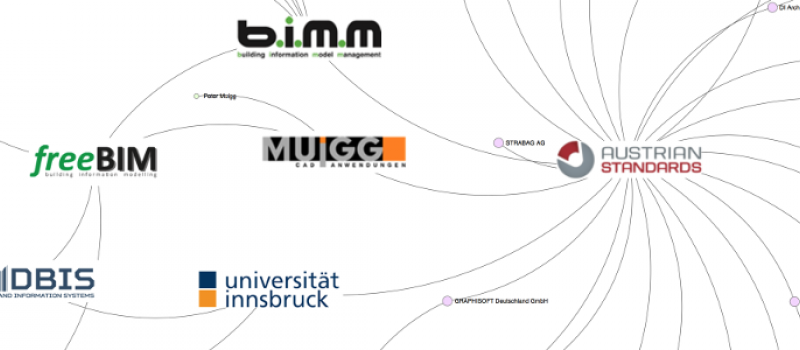Authorship Analysis and Cross-Language Grammar Features
Capturing the essence of the writing style of authors is an important research area in natural language processing. It allows to identify and attribute the author of a previously unseen document, perform so-called style change detection (find the positions at which the author changes within a document), detect plagiarism intrinsically, develop new technology for writing support, or perform forensic analyses.





